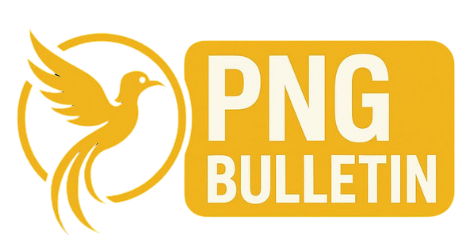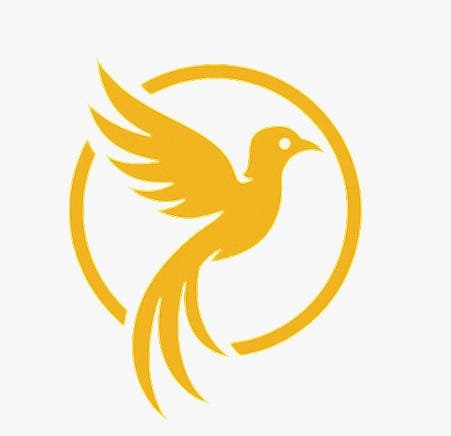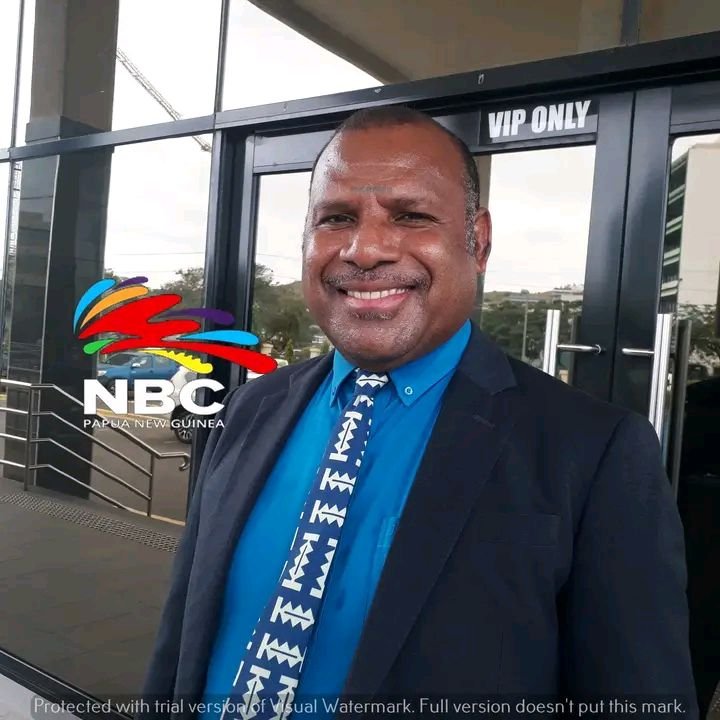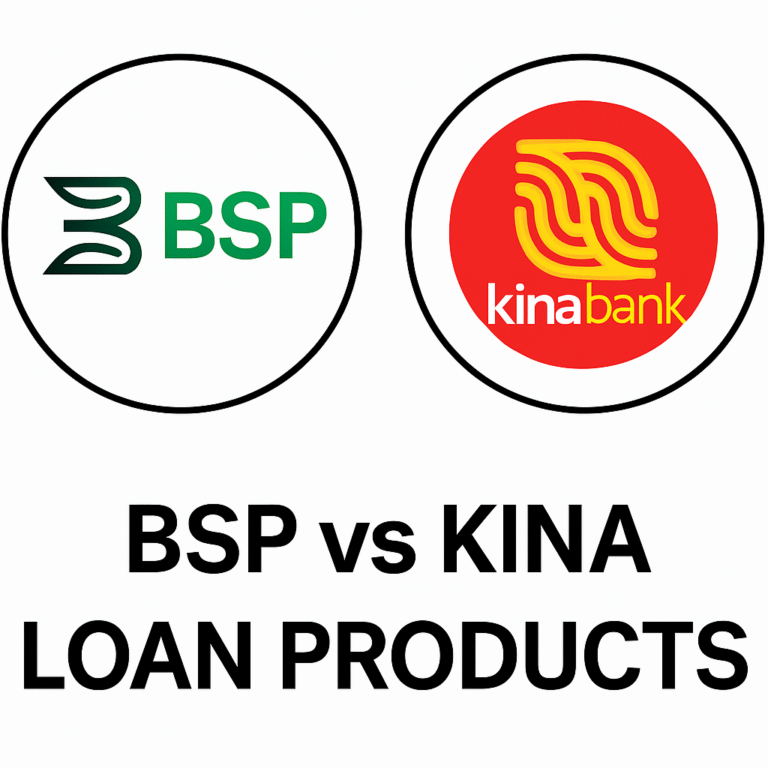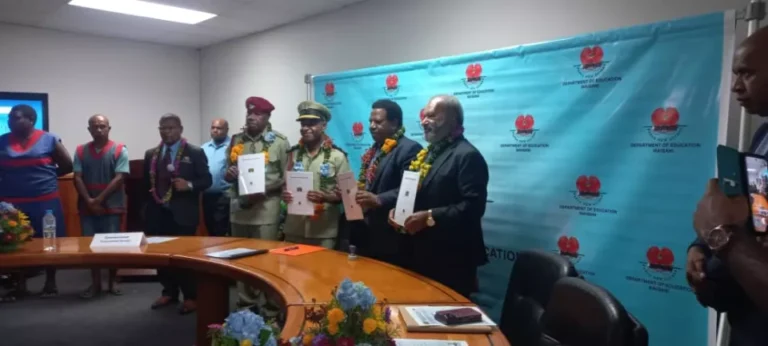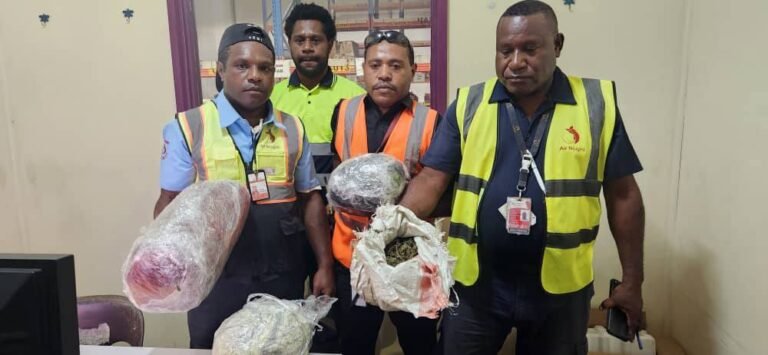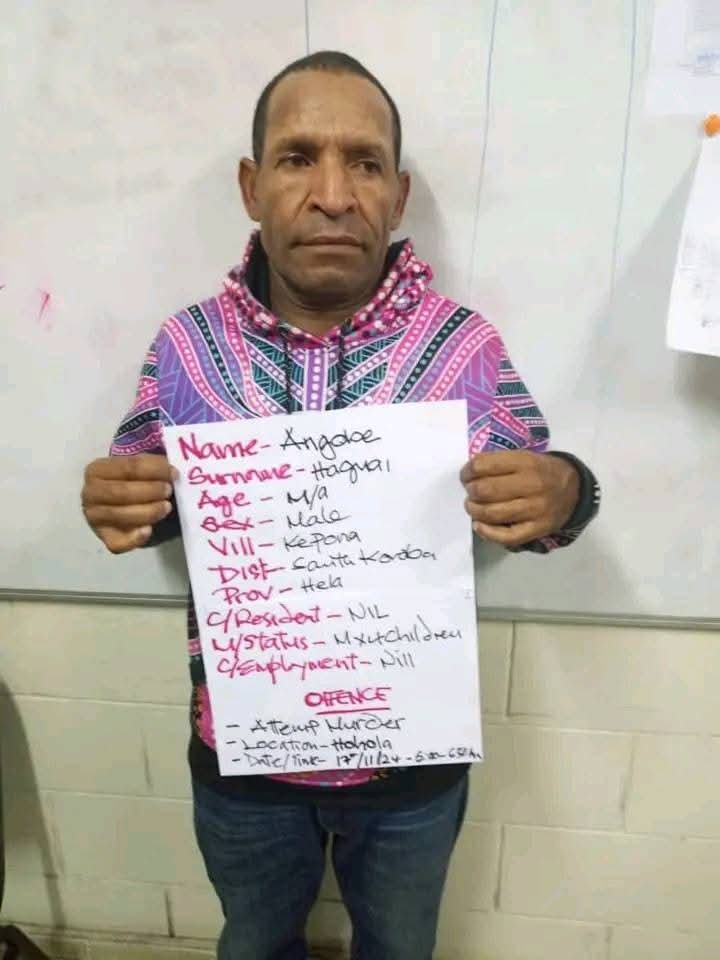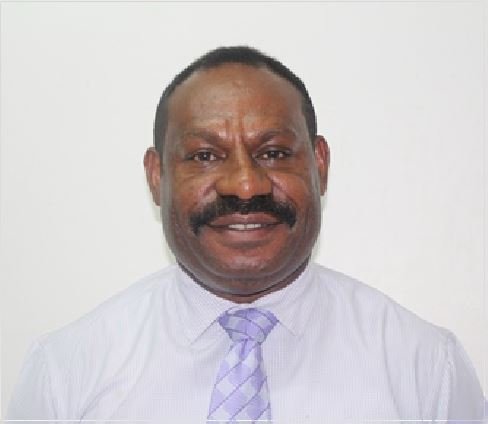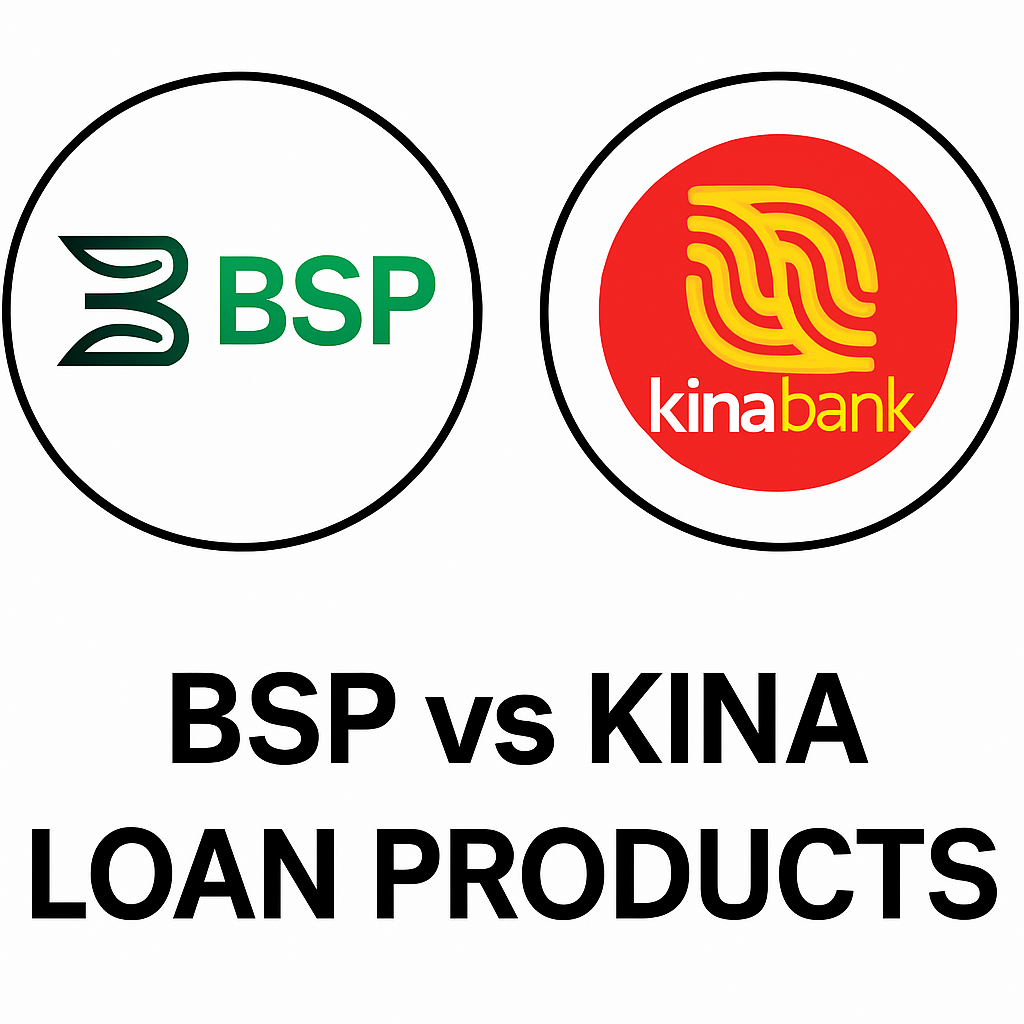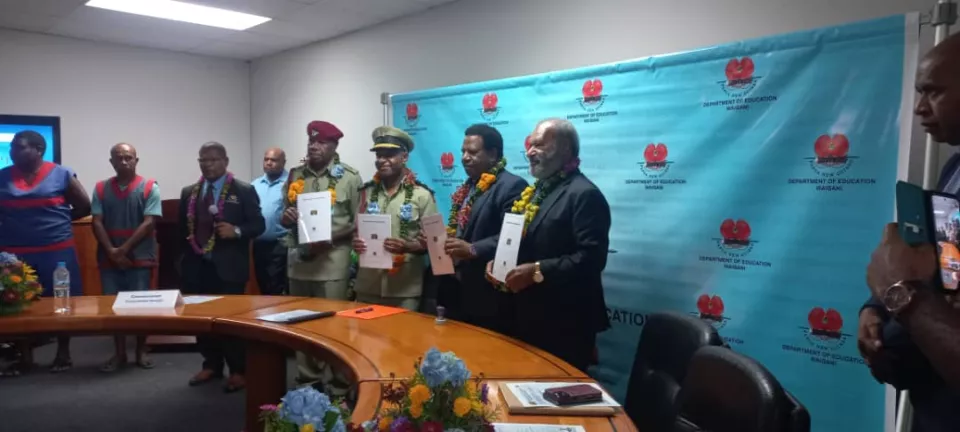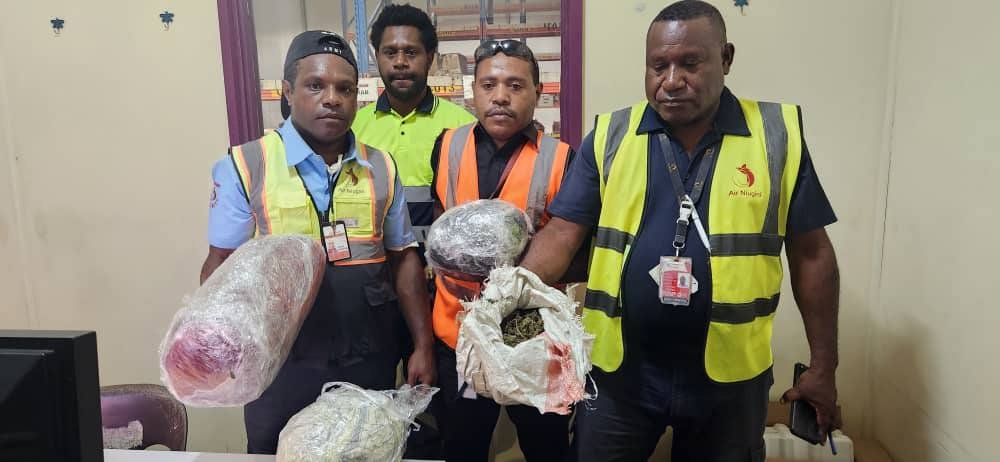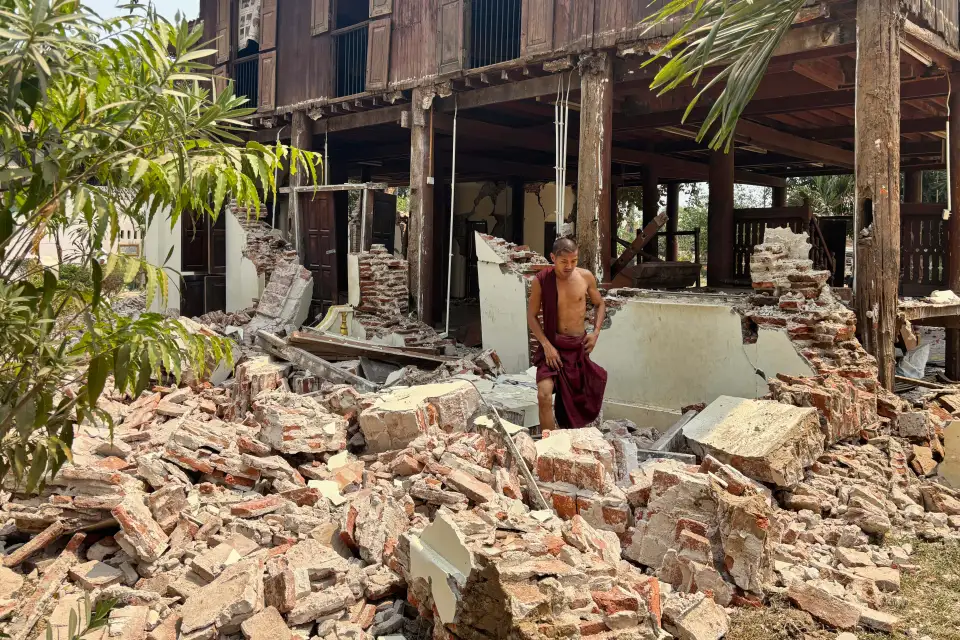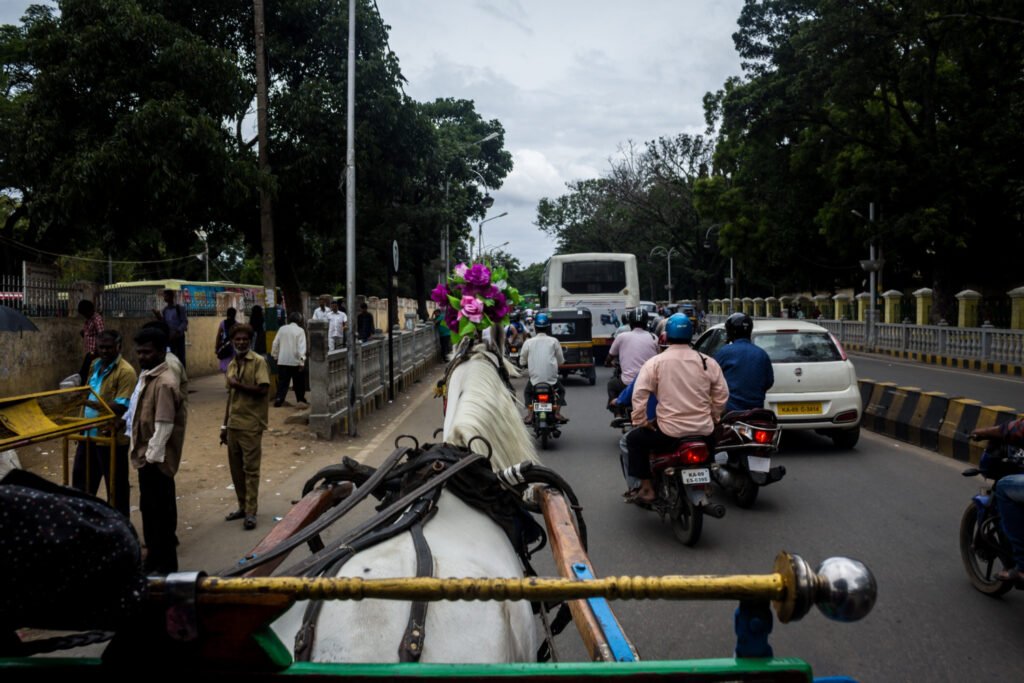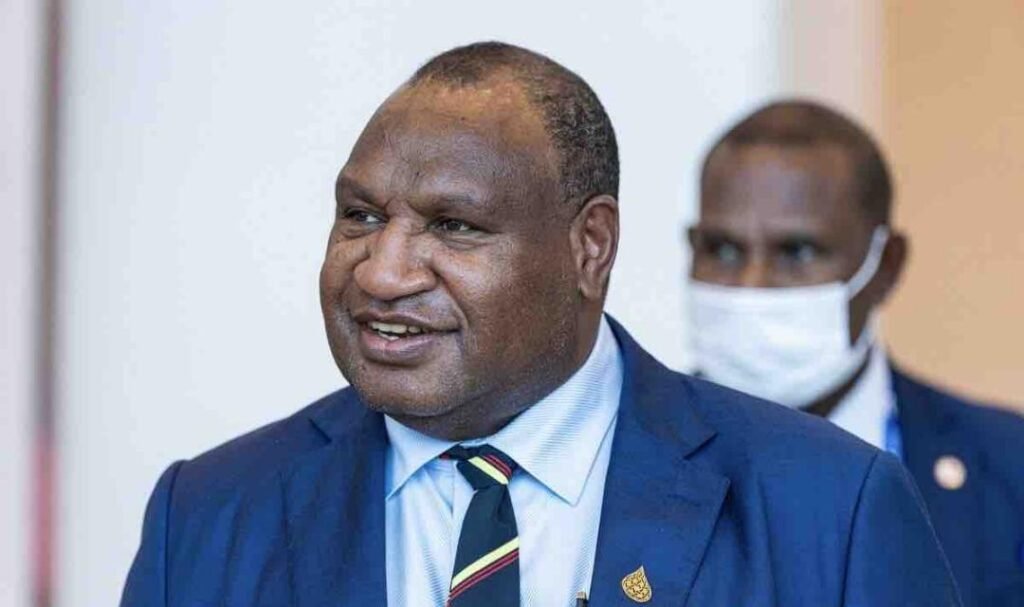Across the country, a quiet but powerful movement is gaining ground: youth-driven tech innovation hubs are emerging in urban centers, offering young Papua New Guineans the tools and space to solve local problems with digital solutions.
These community-based innovation spaces are not just teaching coding—they’re fueling purpose, teamwork, and problem-solving. And they’re proving that the next wave of impactful ideas can come from a classroom, a converted shipping container, or a spare church hall.
“Waste Watch” and Other Homegrown Solutions
One standout success is the “Waste Watch” app, developed by a group of secondary school students in Lae. The app lets users report rubbish hotspots, organize clean-up drives, and receive tips on eco-friendly practices.
Since launching earlier this year, it has been adopted by two municipal councils as a trial solution for community waste tracking and public education.
“We wanted to do more than just complain about pollution,” said 17-year-old developer Losa Renagi. “Now, our idea is helping clean up neighborhoods.”
Hubs Sprouting in Cities
Youth tech hubs have been established in cities like Port Moresby, Lae, Kokopo, and Mount Hagen. These spaces offer free internet, coding lessons, mentorship programs, and platforms to pitch and test ideas.
They also connect young people to local developers, universities, and NGOs, helping them turn small ideas into scalable projects.
Tech hub organizer Ben Karo explained, “We’re not waiting for foreign software. We’re building what our communities need—ourselves.”
Collaboration Making It Happen
Many of these youth tech initiatives thrive thanks to partner collaboration. Support comes from a mix of stakeholders:
- Pacific-focused donors like Australia’s DFAT
- Local businesses donating hardware
- Diaspora tech professionals offering online mentorship
- NGOs facilitating workshops in digital skills and entrepreneurship
One example is the Digital Village Project, a grassroots initiative in the Highlands that provides refurbished laptops and solar kits to run tech hubs off-grid.
Youth Empowerment, Not Just Tech
What makes these hubs unique is their community focus. Projects often address real-life problems: waste, youth unemployment, domestic violence reporting, and access to health resources.
Young people are not just learning to code—they’re learning to lead, to listen, and to design for their own society.
“Tech is just the tool,” said Melinda Wakori, a youth advocate in East New Britain. “Empowerment is the outcome.”
Looking Ahead
As Starlink expands and digital access improves nationwide, more young Papua New Guineans are expected to join the innovation wave. Education ministries are now in talks to introduce school-based innovation clubs, and a national youth hackathon is being proposed for 2026.
With the right support, these tech hubs could become the launchpad for PNG’s digital future—led not by outsiders, but by its own creative, determined youth.
